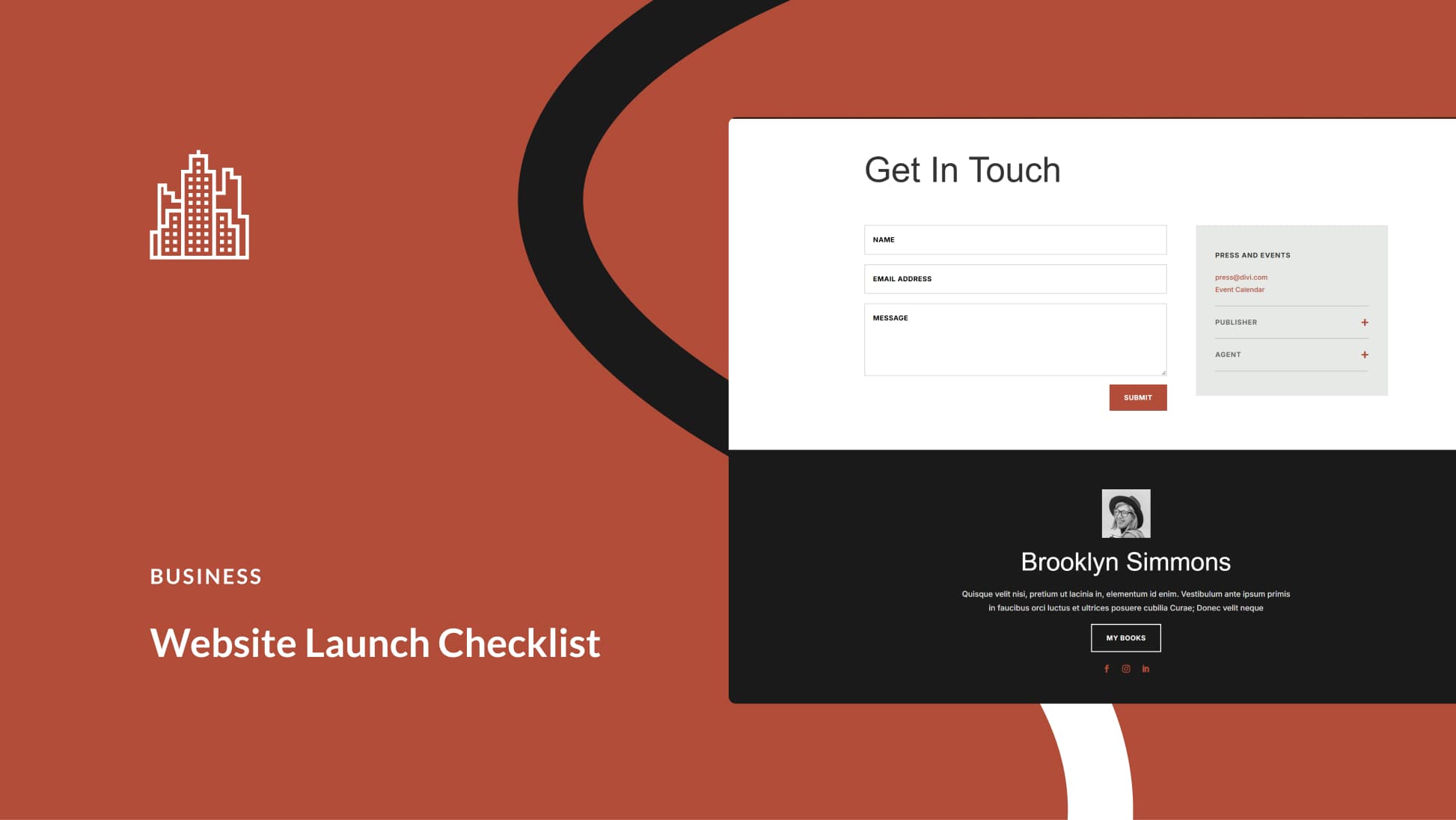The globally-recognized Project Management Professional (PMP) certification from the Project Management Institute (PMI) is the preeminent certification for professionals who handle project management. While it’s not required by all employers, it’s certainly preferred. You can take it at any point in your career, and you don’t need to have “project manager” in your job title. The PMI states that PMP candidates should:
- Be responsible for all aspects of a project for the life of the project.
- Lead cross-functional teams to deliver the project.
- Work within budget, schedule and scope constraints.
- Be able to create a methodology for projects that have defined deliverables and requirements.
According to the PMI website, the PMP certification “tells employers, peers, and the world you know what you’re doing in project management.” There are nearly 1 million people with the certification worldwide.
What’s Required for the PMP Certification?
Before applying to the certification program, you have to meet one of two sets of requirements:
Requirements Set 1
- Four-year degree
- Three years experience leading projects, with a minimum of 4,500 hours leading and directing projects
- 35 hours of project management education or training
- If you don’t have 35 hours of education or training, you must have a CAPM Certification
CAPM stands for Certified Association in Project Management, which is another certification offered by PMI.
Requirements Set 2
- High school diploma or associate’s degree (or equivalent)
- Five years experience leading projects, with a minimum of 7,500 hours leading and directing projects
- 35 hours of project management education or training
- If you don’t have 35 hours of education or training, you must have a CAPM Certification
How Do You Get PMP-Certified?
Once you’ve met the prerequisites, there are several steps to take to become certified. In this section, we’ll go over the exam, how to prepare for it, the entire application process, taking the exam and maintaining your certification.
An Overview of the Exam
The exam has 200 multiple-choice questions. Twenty-five of them are pre-test questions, which don’t impact the score. Testing covers five different areas of project management:
- Initiation, 13% of questions
- Planning, 24% of questions
- Executing, 31% of questions
- Monitoring and controlling, 25% of questions
- Closing, 7% of questions
You’ll have four hours to complete the test. If you need it, you can go through the pre-test tutorial, which doesn’t count toward the four allotted hours.
The standard way of taking the test is at a testing center, but there are exceptions, and some people qualify for paper-based testing. For example, if you live farther than 150 miles from a testing site, you may be able to take the test in an alternative way.
Studying for the Exam
PMI has an in-depth guide to the five different knowledge areas in the test. Review the content outline to get a better idea of what you’ll need to know to pass the test.
PMI recommends studying for the weeks or months leading up to your exam. If the certification directly ties into your current job, your boss may allow you to study during slow work hours. There are several different ways to prepare for the text:
- Connect with a local PMI chapter to find a study group or partner.
- Get involved with the community forum on the PMI website.
- Read A Guide to the Project Management Body of Knowledge or other PMP prep books.
- Take a PMP prep or review course, either online or in person.
- Test yourself with a PMP practice exam (a simple Google search will turn up a lot of results).
Applying to Take the Exam
Before you can get certified, you have to apply to take the exam. Once you start the application, you have 90 days to complete it. PMI has an application checklist that will help you determine if you have everything you need.
You’ll have to read the PMP certification handbook first. It covers the policies and procedures for getting certified and maintaining your certification. The handbook goes over specifics like:
- How to record your education and experience
- What qualifies as course hours
- The PMP refund policy
- Details about how to respond to an audit
- Steps for rescheduling or canceling the exam
- Exam policies and procedures, including what you must bring and what’s not allowed at the testing center
The Post-Application Process
Once you’ve completed the application, there’s an Application Completeness Review, which takes five days. Next, selected applicants may have to go through an audit process. You have 90 days to submit your audit materials. Not all applications undergo an audit.
If the audit is successfully completed, the next step is to pay the certification fees. You won’t be able to schedule your exam until you pay the fees. The PMP certification cost is $405 for members and $555 for non-members. Learn more about becoming a PMI member here and lowering the PMP certification cost.
Taking the Exam
You must take the exam within one year of application approval. You can take the exam a max of three times during the year. Testing sites tend to have limited seating. Schedule your exam no later than three months before the eligibility period expires.
If you take the exam at a testing center, you’ll receive your results once you’ve finished the test. The printed copy of your rest results will include your pass/fail status, as well as your performance in each of the domains.
Maintaining Your PMP Certification
Your certification cycle starts on the day you pass the exam and receive the certification. You have to earn and report 60 Professional Development Units (PDUs) every three years. A PDU is a one-hour block of time during which you’ll learn, teach others or volunteer. The Continuing Certification Requirements Handbook covers how to earn those PDUs.
Once you’ve reported the earned PDUs, you can complete the renewal process, which also requires renewal fees. The PMP certification cost for renewal is $60 for members and $150 for non-members.
If you don’t complete the PDUs, your credentials will be suspended for up to one year. If you don’t complete the PDUs within that suspension period, your certification will expire, and you’ll have to start the process again.
Is the PMP Certification Worth It?
The PMP certification isn’t easy to attain, and people spend hours upon hours studying for it only to fail at their first attempt. Don’t expect to brush up on your project management savvy over a weekend and then pass the test. Instead, create a study schedule over a six-month period so that you’re fully prepared when it’s exam time.
Does the money and time you invest in the PMP certification pay you back in terms of professional development and/or job security? According to the 11th edition of PMI’s Earning Power: Project Management Salary Survey, PMP-certified respondents across 42 countries reported median salaries that were 22% higher than non-certified respondents. PMP has also appeared on top business certification lists on both CIO and Forbes.
By getting PMP certified, you show your current or future employer that you’re dedicated to project management. Since it’s such a well-known certification, many leaders will understand how much time, effort and money it took you to get certified. That alone can give you a competitive advantage. You’ll get a lot out of the prep and study sessions, too. For example, you’ll learn things like:
- Creating a project management plan and the different documents that go into one (project risk, project scope, etc.)
- Pitching project ideas and marketing your project
- The different life cycle phases of a project
Final Thoughts About the PMP Certification
You don’t need the PMP certification to have a career in project management. Also, even if you are certified, your real expertise will show as you manage real-life projects. Credentials, especially one as impressive as the PMP certification, won’t hurt, though. And, depending on your career goals, it can definitely help. Ultimately, the PMP certification cost can be outweighed by an almost 25% increase in your income.
From there, further develop your soft skills. First, assess your strengths and weaknesses. Then, focus on the areas you need to improve. Check out our article about How to Use the Gallup StrengthsFinder Test to Improve Your Team’s Success.









As a PMP cert holder and have many years in project management, I believe that it is worth to spend time and money for this certificate. Though having experience more important, learning PMP will help you find the areas you need to improve. PMP knowledge plus your own experience will definitely enhance your career. The income is not always increased after passing the exam but you have more chances for that in the future. Other good thing is you have to maintain the certificate means you have to continue learn and work for it, not just a peace of paper you put on the table to show off.
The cost to sit and take the exam for PMP Certification is NOT worth the investment in today’s market. With a Doctorate Degree, season program manager, Sr project manager and former Sr Vice President in multiple industries….software development, financial management, healthcare, and supply chain management, I coach and do not encourage individuaps who aspire to be project manager to spend the $$. Many fail the exam with no fallback other than to study again and pay another cost for a product where training from a qualified College /University would have sufficed.
There are two types of gaining knowledge: 1. instructional/training
2. experience / on the job learning